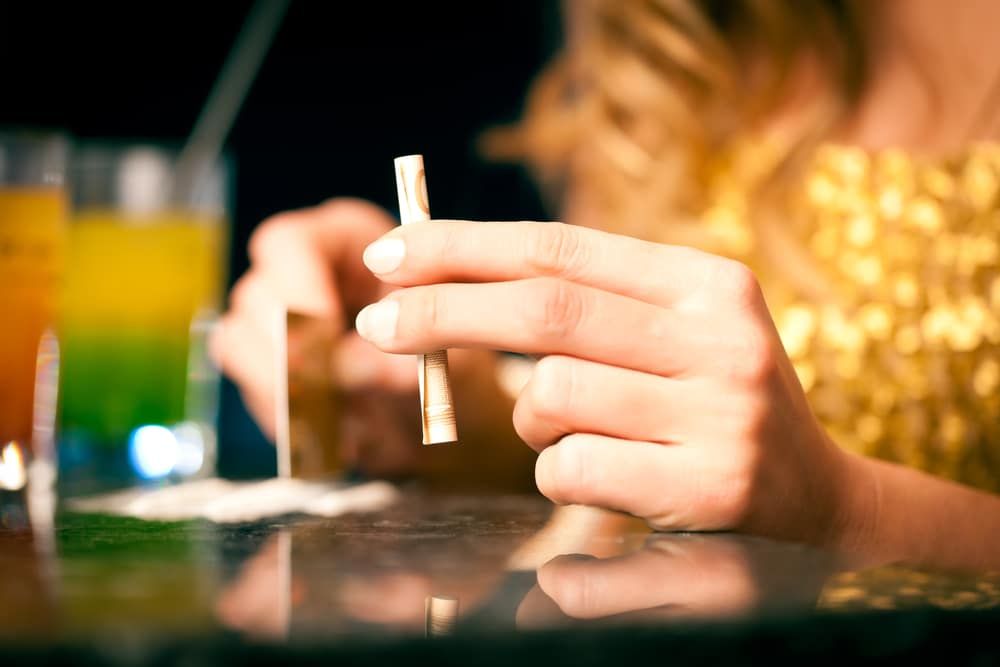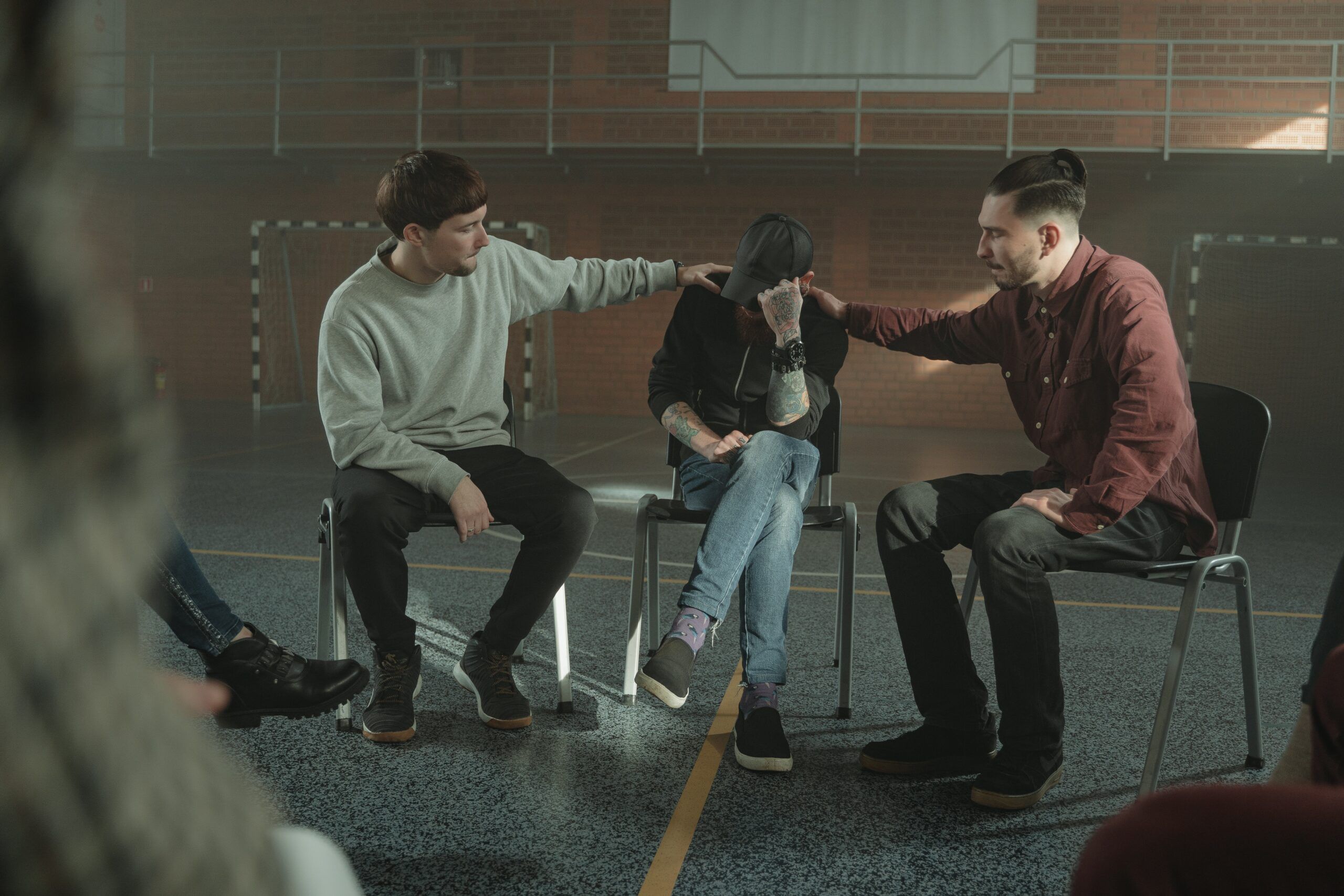What You Need to Know About Opioid Rehab
Opioids or narcotics are prescription medications that are used for pain relief and pain management. These medications come in many different forms and are used to treat a variety of conditions, such as severe headaches, backaches, and recovery after surgery. Although the dangers of opioids are known, they have been used as the first choice for people complaining of pain for many years. These drugs can become highly addictive, and there are many options for opioid rehab for individuals who suffer from opioid addiction.
What Are Opioids?
Opioids are a form of drug that is highly addictive. Opioids include both prescription drugs and illegal drugs. They are generally used as medicines because of their pain-relieving chemicals. In addition to pain relief, the use of opioids can cause users to feel a relaxed “high” that can be described as euphoria. This high can become addictive and cause opioid use disorder (OUD). Opioid use disorder is dangerous because it can lead to overdoses and even death.
Opioids work by activating the opioid receptors in the brain and body. Opioid receptors block pain signals between the brain and the body. When an opioid is taken, it blocks the pain signals that are typically sent from the brain to the body and, instead, releases large amounts of dopamine. Dopamine is the chemical in our brains that are responsible for pleasure, happiness, and overall good feelings. This feeling can cause users of opioids to enjoy the experience and want to continue using opioids.
Types of Opioids
There is a large array of drugs that are considered opioids. The most common ones include the following:
- Morphine
- Oxymorphone
- Oxycodone
- Hydrocodone
- Methadone
- Codeine
- Fentanyl
- Heroin
Prescription opioids include all of the above except heroin, which is illegal. Prescription opioids are usually administered by a medical professional and are safe to use for a short period of time. These drugs can easily be misused by taking the medicine in ways other than prescribed. This can lead to an addiction that has dangerous effects.
Symptoms of Opioid Misuse
If someone takes opioids on a regular basis, their chances of becoming addicted become much higher. Taking opioids in a way that is not intended can lead to opioid misuse. Here are some symptoms of opioid misuse.
- The body becomes dependent on the drug. When they stop taking the drug, they might experience symptoms of withdrawal, such as cravings, headaches, and sweating.
- The person might continue taking the substance even after the need is gone.
- The person might continue to take the substance even if it is risky. This includes if it will put them in the wrong spot financially or if it will jeopardize their personal relationships.
What Is an Opioid Rehab?
Opioid rehab is a rehabilitation program that is designed to help individuals overcome their addiction to opioids. Opioid misuse and addiction have become a massive and growing problem in the United States. Opioid addiction can have lasting effects on lives, and the purpose of opioid rehab is to provide care to those who are in need of recovery.
In opioid rehab, individuals are provided with care from trained professionals who are equipped with the knowledge and skills to detox and provide aftercare services safely. Opioid addiction is complex. Therefore, treatment will be individualized to fit the needs of each specific person.
Types of Opioid Rehabs
Treatments for Opioid misuse vary depending on the individual and their personal needs. The severity of treatment is based on how long a person has been abusing the opioid, their physical and mental health, and how dependent their body is on the drug.
Hospital Care
Hospital care is uncommon for opioid use. A hospital will treat severe emergency cases like overdoses. They will also admit anyone who has a medical condition in addition to their opioid use. However, after evaluating the needs of the patients, a hospital will likely refer patients to an opioid addiction treatment center. There are also inpatient centers for individuals who require 24-hour supervision.
Outpatient Programs
A partial hospitalization program is a type of outpatient treatment program that will allow patients to get treatment and therapy during the day and return home at night. An intensive outpatient center is similar to a partial hospitalization program. However, it does not require as many hours of care.
Benefits of an Opioid Rehab
It is not easy to decide to get help for opioid addiction. However, making the choice is the decision you will make. There are many benefits of going to opioid rehab. Here are some of the ways opioid rehab can help.
Health and Wellness
Opioid rehab gets your body and mind focused on healing. Opioid rehab will provide healthy meals and exercise that restore your body and mind and reduce your craving for drugs.
Structure
One significant benefit of opioid rehab is the structure it provides. When recovering from any addiction, creating a routine is vital. Your rehab center will prioritize daily schedules filled with productive activities that will aid in recovery.
Therapy and Treatments
There are therapy options for every person in an opioid rehab because there is no one-size-fits-all approach to therapy. Opioid rehab will provide a variety of different options for those involved in a treatment program. Some therapies that are offered include:
- Individual therapy
- Group therapy
- Adventure-based counseling
- Dialectical Behavioral Therapy
- Trauma response therapy
- Cognitive Behavioral therapy
- Christian Counseling
People Who Relate
One of the most helpful things in recovery is having a community of people who understand your struggles and whom you can talk to. Having a support system outside of family and friends can help keep you on the right path on the road to long-term sobriety.
Top Rated Opioid Rehab Center in Atlanta, GA.
At Inner Voyage Recovery Center in Atlanta, Georgia, we know that anyone can struggle with drug addiction. Addiction does not discriminate, and neither do we. We offer opioid rehab to residents of Atlanta and its surrounding areas. If you or someone you know is struggling with opioid use disorder, Contact us at Inner Voyage Recovery Center to begin building a solid base for your recovery.
 Mon - Fri 8:00 AM to 6:30 PM
Mon - Fri 8:00 AM to 6:30 PM









